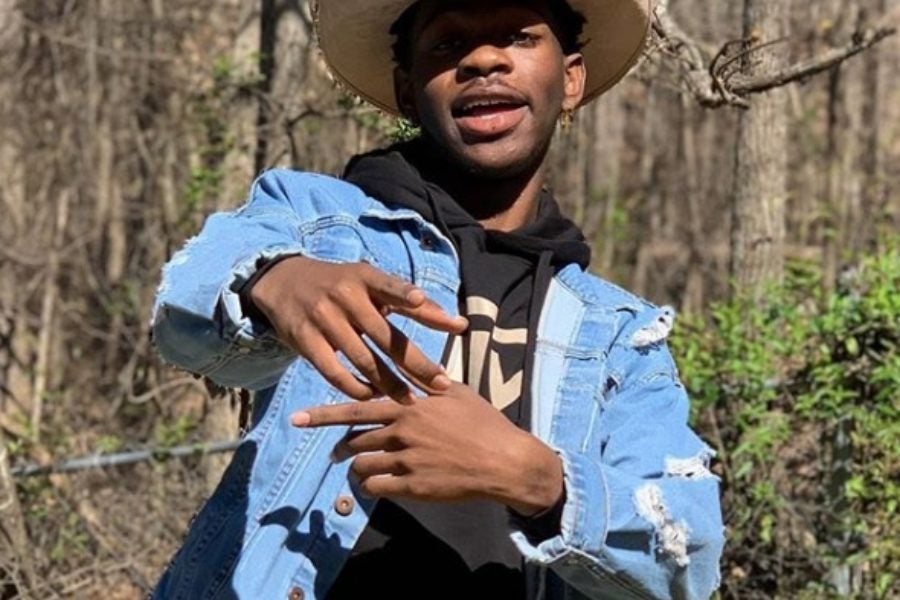
As I write this Lil Nas X’s “Old Town Road” continues to sit atop the Billboard Hot 100. Its removal from the top of Billboard‘s country chart well over a month ago sparked a fierce debate about who has the power to define genre and, inevitably, how genre definitions are inextricably linked with race. The analyses of race and genre in myriad tweets, facebook posts, and articles traced the long history of record companies defining and marketing certain genres to particular audiences. These articles were spot on, and while the entwinement of race and genre are right in my wheelhouse, I want to address “Old Town Road’s” musical style.
An April 6 article in Rolling Stone reported the possible reinstatement of “Old Town Road” on the country chart. The article included a statement from Billboard, which, in part, read: “Billboard welcomes the excitement created by the genre-blending tracks such as Lil Nas X’s “Old Town Road.” The “genre-blending” is particularly interesting, as it suggests that Billboard considers genres to be pure entities with clearly defined boundaries. But what Billboard conveniently forgets is that country music has always been mashed up and that its hybrid quality is what defines it.
“Old Town Road’s” lyrics are unquestionably country. Imagine Johnny Cash or Waylon Jennings singing “Can’t nobody tell me nothin’/You can’t tell me nothin’.” It’s not too hard to picture. While Lil Nas X’s references to lean and Gucci are more Future than Willie, in the song he embodies that eminent figure in the American cultural imaginary: the outlaw, the rugged pioneer, the loner who lights out for the territories with the hopes of making it big, no matter the odds. He’s gonna ride till he can’t ride no more, and he’s got the swagger to make sure everybody knows it.
It’s the song’s trunk-rattling trap beat, that for country’s gatekeepers, is where “Old Town Road” runs into the ditch. In addition to the lyrics, Lil Nas X’s drawly twang delivery, and the incorporation of the guitar and banjo, the trap beat is precisely (and black music more generally) what makes it the apotheosis of country. There are songs that are as country as “Old Town Road,” but Lil Nas X’s use of the trap beat makes its country bona fides insurmountable.
We need to look no further for proof of the song’s country-ness by comparing it to Jimmie Rodgers, aka the “father of country.” Check out Rodgers’ “Long Tall Mama Blues.”
Like the title indicates, it’s a straight up blues. It features the same AAB lyrical form and 12 bar harmonic structure that is the backbone of blues—Delta, Chicago, or otherwise. Rodgers adds his trademark yodel, making “Long Tall Mama Blues” a mash-up of a black musical form with white hillbilly tradition.
“Long Tall Mama Blues”—or Johnny Cash’s “Folsom Prison Blues” (which is an 11 bar blues) or Ray Charles’ Modern Sounds in Country and Western Music—relies on the same recipe as Lil Nas X’s “Old Town Road”: take one-part black music and one-part white musical traditions; mix liberally. In that way, Lil Nas X is just as country as Jimmie Rodgers, which then makes the converse true: “Old Town Road” is as country as country gets. As such, it forces us to remember and acknowledge that country is deeply indebted to and rooted in black music.
Leave a comment